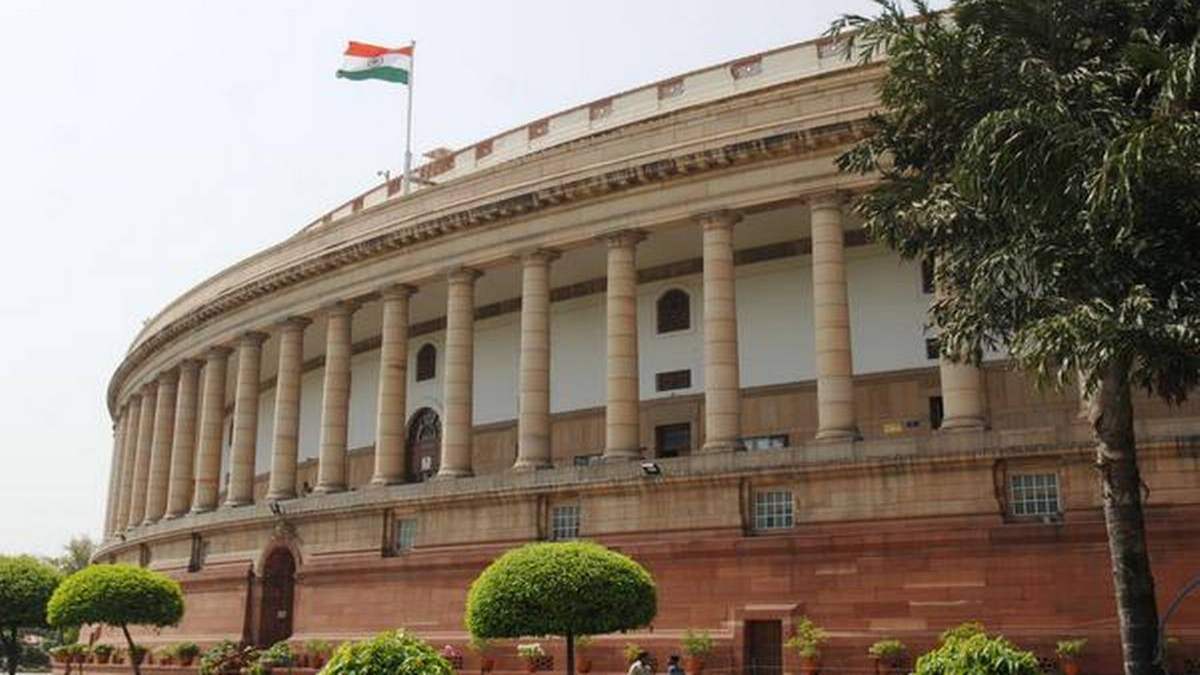


As Indians, we have much to reflect on this Democracy Day. Numerically the largest, and ethnically the most diverse. Translating literally into ‘peoples’ rule,’ the connotations and what it means to be living in a democracy has evolved tremendously. It is always a bleak reminder, that in Plato’s understanding of the state , inhabitants who were considered ‘inferior’ were expressly excluded from the citizenry- this included women and slaves. Today it is widely interpreted, in the words of Lincoln, as ‘Government of the people, for the people and by the people.
The Indian democracy is one of the younger ones. In contrast to our neighbours for instance- we have had a much better record in holding regular elections. Nonetheless, democracies around the world are undergoing transformations and it is essential that some fundamental principles remain uncompromised.
First, debate and dissent are extremely important in a democracy. It is essential that fair debate is not only allowed but encouraged. The beauty of it is such that many people who are now in power were arrested during the emergency. The late Arun Jaitley for instance was one of them. Debate ensures that decisions are taken after a multi dimensional view.
Second, organs in a democracy are extremely important. The three pillars- the Executive, Legislative and the Judiciary must ensure that checks and balances are kept on each other so that any arbitrary or unfair use of power is nipped in the bud.
This requires strong institutions- that are impartial and fair. Equally, institutions like investigating agencies must act fairly and in accordance with the law. The media too has an important role to play- to report as is.
Third, accountability is absolutely essential. In fact, in many countries who rank very high on the democratic index, elected representatives are expected to hold regular meetings where those who elected them can ask questions and present their grievances to be taken at higher levels. Accountability ensures that democracy shows its true colours- in form and in spirit.
Fourth, an elected parliament must be representative of the people. Different sections of the society should be represented fairly and equally. There should be a general balance of gender, race, caste and region. This is essential in terms of a democracy truly being a reflection of the people as well as a fair regime where checks and balances exist.
Fifth, a democracy should not translate into majoritarianism. While the biggest representatives are in power- the state must be inclusive and considerate of every single citizen. It is also incumbent on the institutions to play the same role- the opposition, the courts and the executive must ensure an equal treatment towards the entire population. Freedom must exist to choose.
Most important- a democracy is only as good as the citizenry. It must be nurtured, taken care of and protected. There have been countless examples- of vibrant democracies being butchered into dictatorships and carcass democracies. This is where the role of the citizenry comes in- and that certainly is the most crucial for a country. The citizens must be able to make informed choices. This requires an active, aware population. Engagement is crucial. We are fortunate to be living in a country where timely elections take place and democracy exists. People come and go- and so do governments.
What is important is that the democracy lives long and strengthens itself. Democracies are inherited and it is on us to ensure we are able to give the legacy forward.
Adv. Vishavjeet Chaudhary is Barrister-at-Law (Inner Temple) Master of Laws (Cambridge) and Advocate (Delhi).